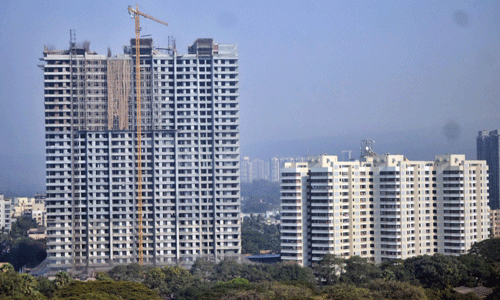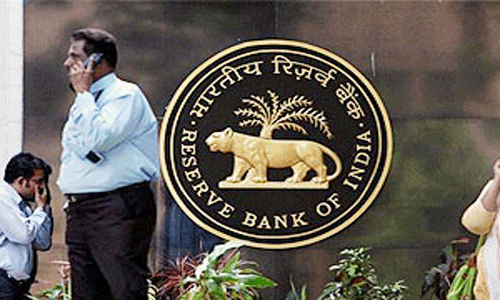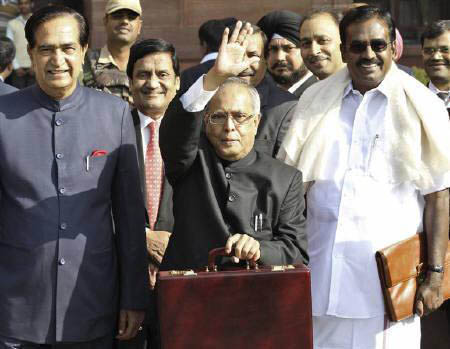
Land acquisition bill a result of knee jerk reaction?
Ravi Sinha: You mean to suggest the land acquisition bill has not really been deliberated upon and came as a knee jerk reaction?

Ravi Sinha: You mean to suggest the land acquisition bill has not really been deliberated upon and came as a knee jerk reaction?

Ravi Sinha: I welcome all the panelists in this roundtable discussion. We are organizing the brain storming session for our inaugural yearly Handbook Focus 2012. This is the second of the series after the 1st discussion in Mumbai on “Funding Gap in Real Estate.”

The Finance Ministry is building safeguards to ensure realty companies do not misuse the external commercial borrowing (ECB) window announced in the Budget by diverting the money.

When the Reserve Bank of India (RBI) was to announce its annual monetary policy for 2012-13 on 17th April, there were widespread concerns of slowing economy, rising inflation, trade deficit of 4 per cent of GDP and drying FDI too emerging as a grace concerns

In addition to professionalism, enacting laws to enforce high standards of disclosure, transparency and corporate governance within the realty sector are also needed in order to minimize investor risk. Specifically with consumer interests in mind, there must be a redressal or complaint handling mechanism that provides much needed recourse against customer grievances.

Greater emphasis needs to be awarded to project delivery in light of the human, physical and monetary resources that are lost as a consequence of such delays. Even in the most robust economy, the challenges involved in construction and delivery of projects are enormous. There are common worries focused on timeliness, costs, performance and delivery. Stakeholders involved across the development process are often insufficiently coordinated to deliver a finished product within budget and on time.

It has been strangely characteristic for the real estate and construction industry in India to remain unregulated and unrecognized, even though it is one of the largest employers and contributors to national growth.

“For the real estate and housing sector, this years’ budget has exceeded expectations given the pressure on fiscal situation. Most importantly, it has taken into account the crying need to focus on affordable housing sector by allowing ECB for low cost housing, road as well as construction. Withholding tax on ECBs for affordable housing has been reduced from 20% to 5% for 3 years and this move will help ease the liquidity in the sector.

The Union Budget 2012-13 has left the Indian real estate sector grope with the indecision yet again and everyone is wondering whether the Finance Minister’s offer is glass half full or half empty for them.

Come budget and the real estate sector, like any other industry, comes out with its own wish list. Unfortunately, while other organised industry get a patient hearing through their industry bodies, the Finance minister seem to be hardly entertaining the sector representatives till recently.
